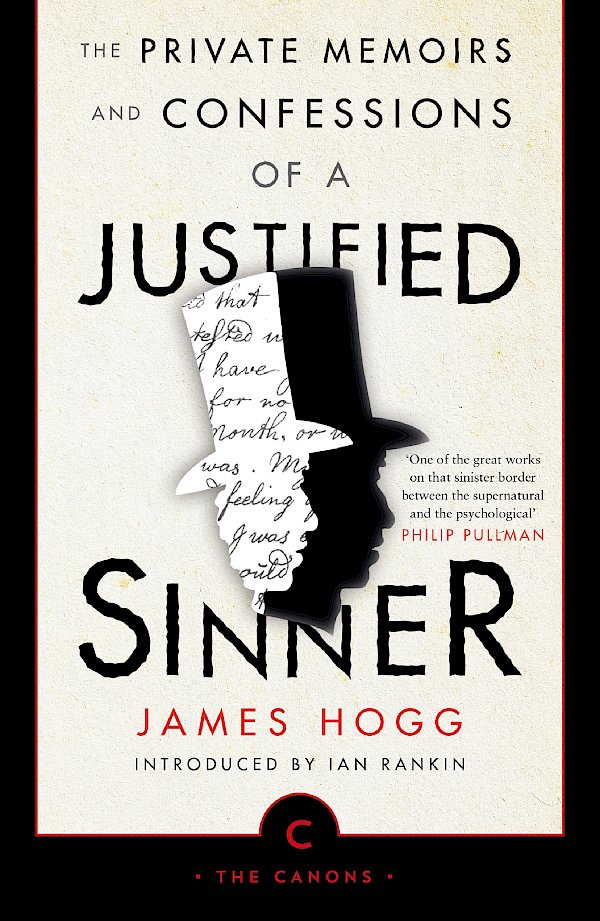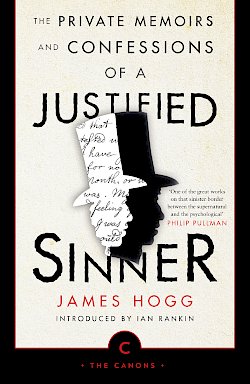The Private Memoirs and Confessions of a Justified Sinner
James Hogg
The definitive edition of the all-time Scottish novel - an ‘enduring masterpeice’ - introduced by Ian Rankin
It is Scotland in the early eighteenth century. Fear and superstition grip the land. Robert Wringhim, a boy of strict Calvinist upbringing, is corrupted by a shadowy figure who calls himself Gil-Martin. Under his influence Robert commits a series of murders which he regards as ‘justified’ by God under the tenets of his faith.
Hogg’s masterpiece is a brilliant portrayal of the power of evil and a scathing critique of organised religion. Superbly crafted and deftly executed, it resists any easy explanation of events: is this stranger a figment of Robert’s imagination, or the devil himself?
“Hogg’s enduring masterpiece is a triumph and deserves to be read, enjoyed and discussed by a new generation”
Ian Rankin
See more reviews
“Its atmosphere is unique, its penetration is shocking, and the truthfulness of its account of religious mania is both timeless and timely”
Philip Pullman
“Hogg’s masterpiece is a psychological thriller, a metaphysical puzzle and a theological and philosophical maze all in one … A strange, disturbing obsession of a book”
James Robertson
“A prophet of modernity … the most influential of all Scotland’s novelists … A wonderful storyteller”
Alan Riach
the National
James Hogg
James Hogg (1770-1835) was born near Selkirk in the Scottish Borders. From a young age he was determined to be a poet like Burns. He became friends with Walter Scott and in 1810 he went to Edinburgh to seek a literary career. His most well-known work, The Private Memoirs and Confessions of a Justified Sinner, made little impact when it first appeared (anonymously) in 1824, but has since won critical interest and attention as a classic of the Scottish canon. He continued to publish poetry and prose until his death in 1835.





